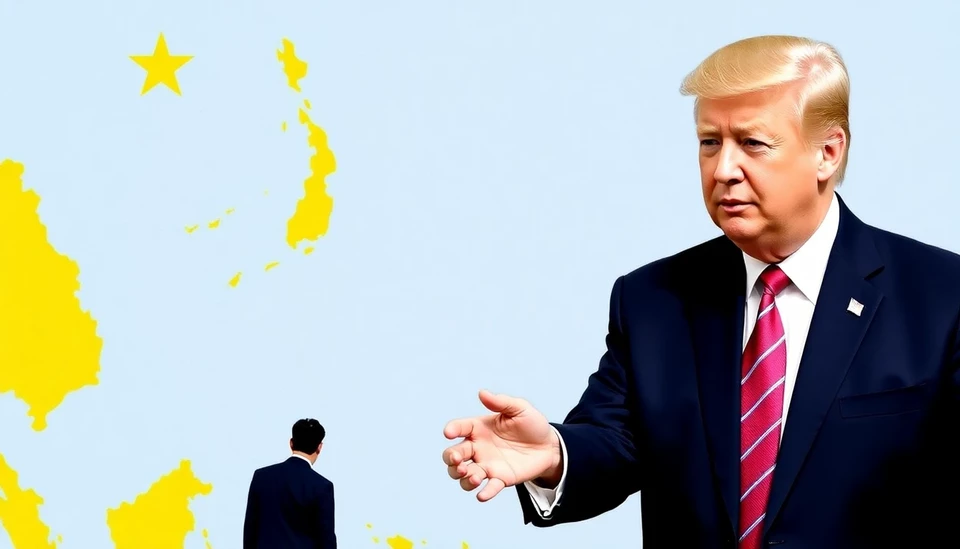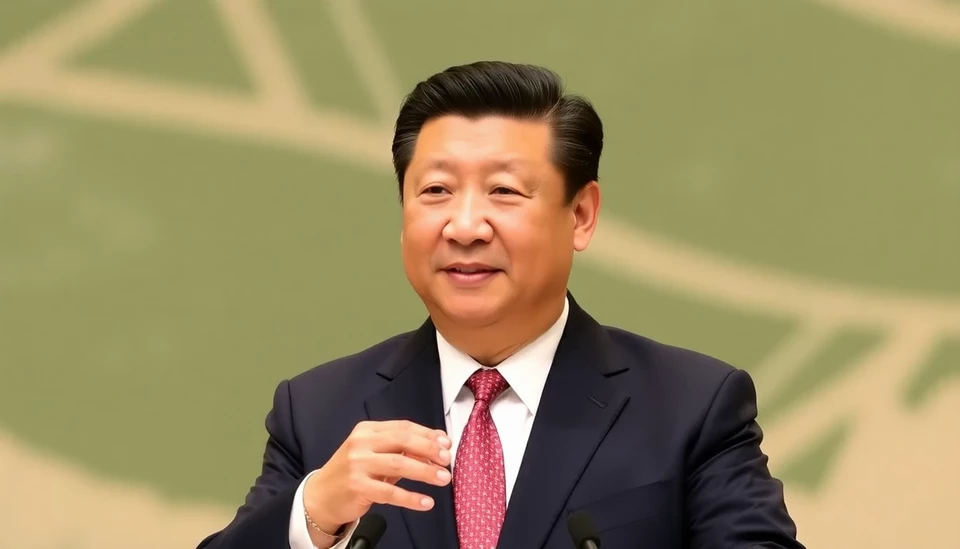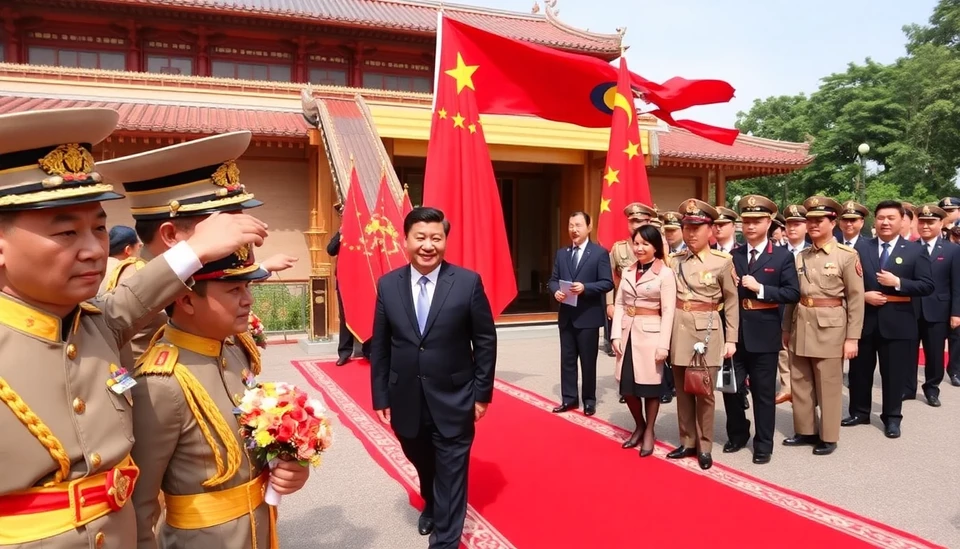
In a significant geopolitical shift, Chinese President Xi Jinping is intensifying his approach towards U.S. allies in the Indo-Pacific region. As tensions simmer—stirred in part by former President Donald Trump's recent focus on domestic issues and his re-emergence into the political scene—China is seizing the opportunity to assert its influence amongst regional partners traditionally aligned with the United States.
As Xi pursues a series of diplomatic overtures and aggressive military posturing, the Biden administration's strategy of strengthening alliances faces critical challenges. Notably, recent interactions suggest that China’s overtures are appealing to some nations that have historically relied on the security guarantee provided by the U.S. This strategic maneuvering places a renewed spotlight on the dynamics between the world's superpowers and their allied nations.
With a focus on economic cooperation and infrastructure development, Xi’s administration is presenting a robust alternative to the Western model, which some allied nations perceive as a fading option. This pivot comes at a moment when Trump's influence appears to be steering U.S. foreign policy away from traditional alliances, causing unease among allies who fear they might be left in a precarious position.
Xi’s recent visits to various countries in ASEAN (Association of Southeast Asian Nations) highlight China's ambition to deepen its partnerships and establish itself as a primary diplomatic and economic leader in the region. Countries like Indonesia and Malaysia have shown interest in working closely with Beijing, further complicating the geopolitical landscape.
Analysts remark that Xi’s willingness to offer favorable trade terms, investments, and infrastructure projects make him a persuasive figure in the eyes of these nations. This new strategy by China includes initiatives that challenge U.S. dominance in technological fields and national security, as countries begin to see the tangible benefits of aligning with China over the more traditional U.S. alliances.
Meanwhile, the Biden administration is engaged in a complex balancing act. It seeks to reaffirm the commitment to its allies while also confronting the rising clout of China. The administration’s efforts include military readiness and offering new economic partnerships as a counter-narrative to Xi’s expanding influence. However, there remains skepticism about long-term U.S. commitment, especially with the potential for another Trump-led administration.
In summary, as Xi tests the loyalty of U.S. allies across the Indo-Pacific, the challenge for the Biden administration grows. Maintaining the delicate equilibrium in the region while reinforcing the importance of alliances will be critical as geopolitical tensions rise. The shifts resulting from former President Trump’s focus on domestic policies signify a key moment in international relations, where long-standing narratives and alliances are put to the test.
How these dynamics evolve will ultimately set the tone for not just U.S.-China relations but the future of global geopolitical power structures.
#XiJinping #IndoPacific #USAllies #Geopolitics #ChinaDiplomacy #BidenAdministration #Trump2024 #InternationalRelations
Author: Rachel Greene




